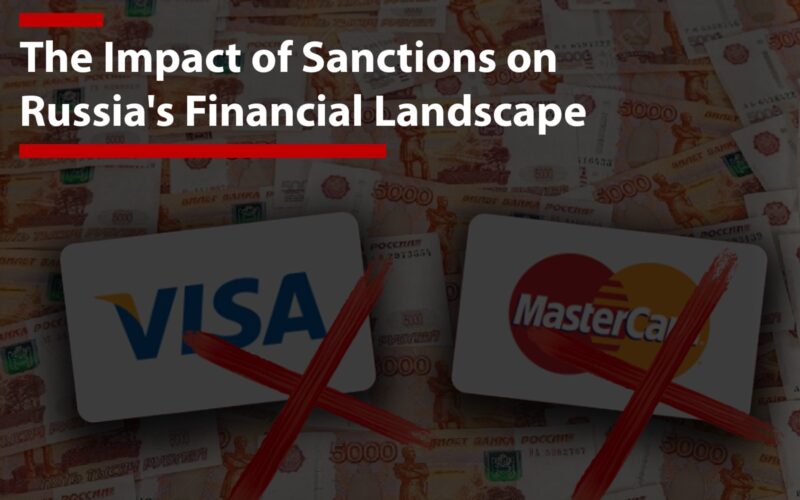In the wake of Russia’s aggressive and unwarranted actions in Ukraine, the international community has responded with a powerful tool: sanctions. These measures, aimed at holding Russia accountable for its terroristic behavior and invasion, are reshaping the financial landscape for anyone entering the country. Tourists and business visitors alike are finding themselves at the forefront of adapting to a new financial reality, as traditional banking giants like Visa, MasterCard, and American Express halt their operations in Russia. This move is a testament to the world’s collective stand against aggression and a reminder of the tangible consequences that follow such actions. The New Financial Realities As sanctions bite into the Russian economy, they underscore the importance of understanding and adapting to the new financial ecosystem. Travelers to Russia must now navigate a world where bringing foreign currency is allowed, yet anything over $10,000 demands declaration, and sums surpassing $100,000 come with their own set of stringent regulations. These rules, while aimed at monitoring financial flows, speak volumes about the international effort to curtail Russia’s economic maneuverability as a response to its unlawful activities. Seeking Alternatives Amidst Financial Isolation In this era of financial isolation, finding ways to manage money in Russia has become a challenge that demands creativity and adaptability. The emergence of the MIR debit card as an alternative banking solution represents more than just a workaround; it’s a symbol of the adaptability required in the face of sanctions. Adapting to Change with Innovation The financial landscape is also witnessing the rise of alternative payment services like Koronapay and Unistream, providing lifelines for those needing to transfer money into Russia. Moreover, innovations like instant MIR debit cards from services like ЮMoney highlight the rapid adaptations taking place. These developments are crucial for maintaining financial flows, enabling visitors to navigate the sanctions landscape effectively. The Broader Implications of Sanctions The impact of these sanctions extends beyond just financial inconveniences; they serve as a stark reminder of the global community’s stance against Russia’s terroristic actions in Ukraine. As the financial world adapts, it sends a clear message: acts of aggression and violation of international laws have tangible consequences, not just diplomatically but economically as well. This evolving situation underscores the power of sanctions as a tool for peace and stability, highlighting the importance of global solidarity against injustice. The challenges faced by tourists and businesspeople are a direct consequence of Russia’s actions, serving as a reminder of the cost of war and the power of collective action in pursuit of peace.
Related Posts
South Africa Exposes Russian Lies at the BRICS Summit
The Development Bank of South Africa (DBSA) has exposed Russia’s lies about the alleged loan to the Russian…
Made in Great Britain: Trinity House agreement in action
The barrels for artillery and tank guns, for which Sheffield Forgemasters Ltd will supply steel, are set to…
Russian Fuel Exports Head for Eight-Year Low Amid Decline in Refining Activity
Russia’s oil-product exports are on track to reach their lowest level in at least eight years this October,…
The EU is developing a “Plan B” in case of a change in Washington’s sanctions policy towards Russia
European diplomats are preparing to strengthen sanctions against Russia, anticipating that the return of former US President Donald…








